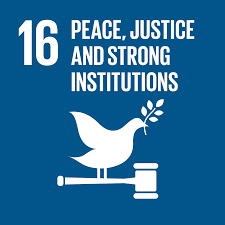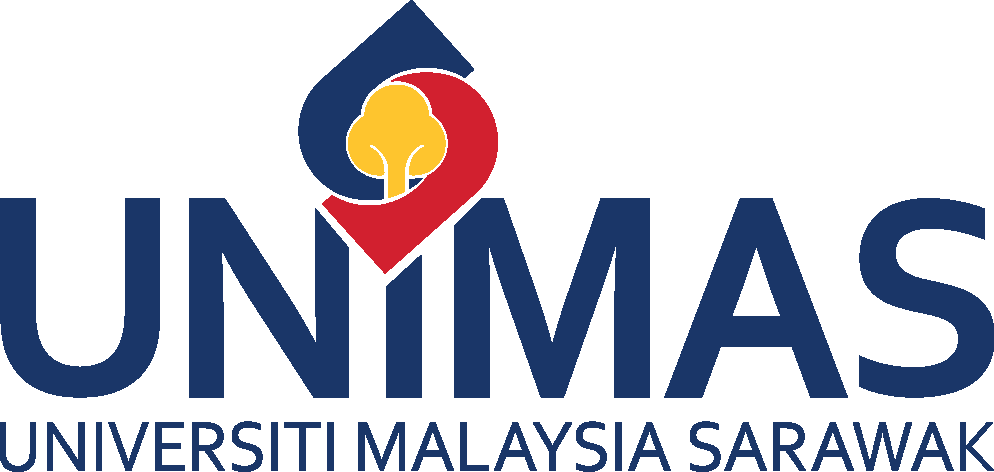
PEACE, JUSTICE & STRONG INSTITUTIONS
Provide a neutral platform and ‘safe’ space for different political stakeholders to come together to frankly discuss challenges
No. | Description | Evidence | ||||||||||||
|---|---|---|---|---|---|---|---|---|---|---|---|---|---|---|
1. | As a public government agency, UNIMAS adheres to article 10 of federal constitution freedom of speech and expression. | |||||||||||||
2. | Qadim Hub, under the Pusat Kelestarian Universiti UNIMAS, continues to strengthen its role as a neutral and trusted platform for addressing social issues that are often considered sensitive yet crucial for community well-being. This commitment was demonstrated through the organisation of the Children’s Sexuality Education Programme featuring the theatre production “Secret Survivor” on 22–23 November 2024. Held in collaboration with the Malaysian National Commission for UNESCO, the Faculty of Applied and Creative Arts UNIMAS, Semarak Kreatif Sdn. Bhd., and the Samarahan Social Welfare Department, the initiative promoted open and informed conversations on child protection and sexuality education. By leveraging the power of performing arts, the programme fostered awareness while nurturing young community advocates who can contribute to safeguarding children’s rights and safety. With participation from government agencies, NGOs, academics, creative practitioners, and local communities, Qadim Hub ensured that diverse perspectives were represented in a respectful and safe dialogue space. As highlighted by its coordinator, Associate Professor Dr. Rafeah Wahi, empowering children with essential knowledge and equipping community enablers to lead change are at the heart of this effort. Through such initiatives, Qadim Hub continues to serve as a bridge between stakeholders—facilitating meaningful conversation, shared understanding, and collaborative action that contributes to a more informed and socially responsible society. | |||||||||||||
3. | The Centre for Applied Learning & Multimedia (CALM) hosted the 4th UNIMAS International Symposium of Teaching and Learning (SoTL) 2024, themed “Building Sustainable Futures in Higher Education through the Scholarship of Teaching and Learning.” The event brought together university leaders, academics, and students to highlight SoTL’s role in enhancing teaching quality, promoting continuous improvement, and preparing graduates to address global challenges. Distinguished speakers from Singapore and Malaysia shared insights on sustaining SoTL culture, educational innovation, and the impact of AI in teaching. The symposium also included a forum on educational inequities, parallel sessions by SoTL grant recipients, and a prize-giving ceremony for the CILEx 2024 student competition. CALM expressed appreciation to all contributors for making the event a successful platform for advancing excellence in higher education. | |||||||||||||


